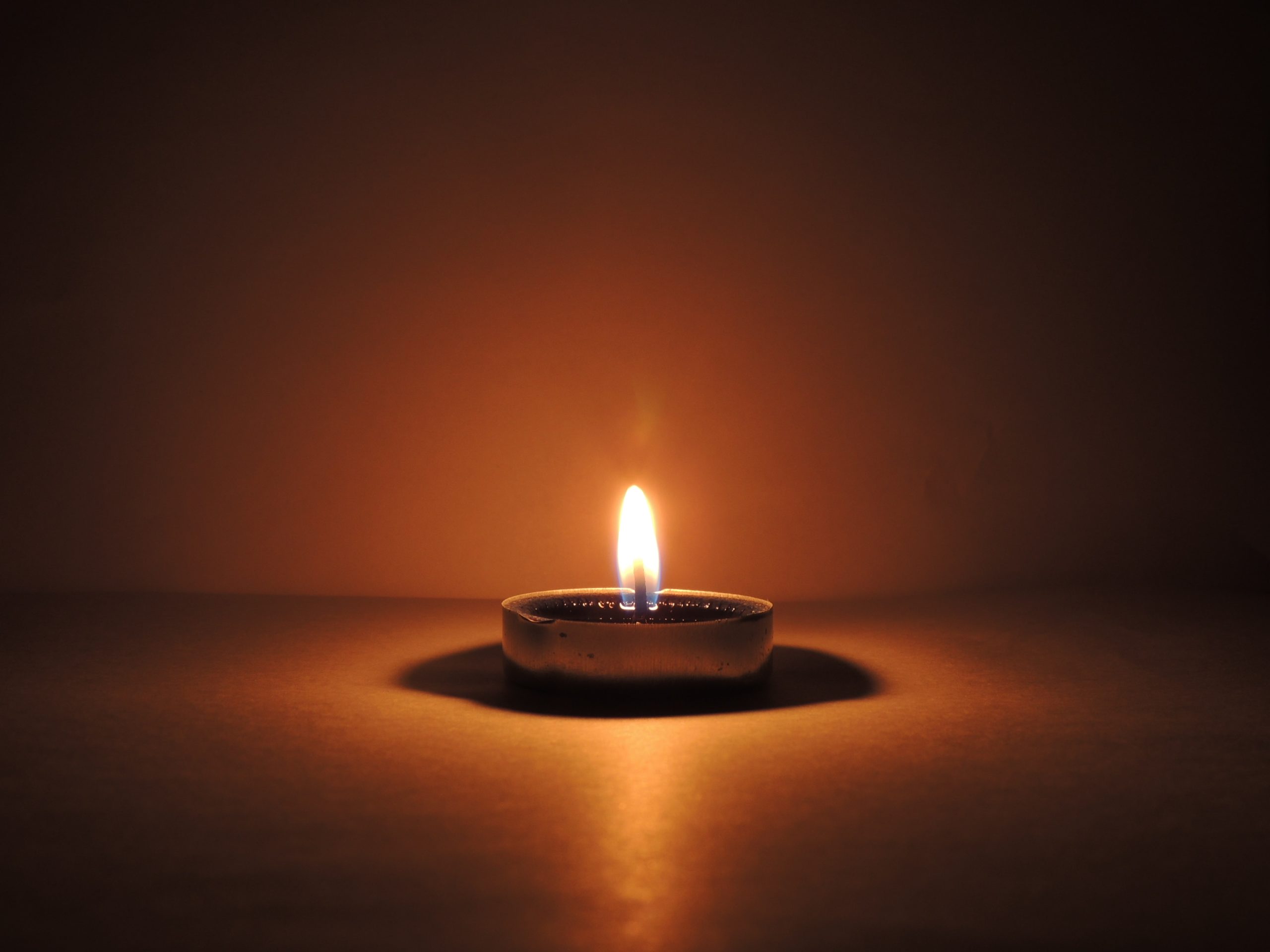Staying in Meditatio House, I also came to see that obedience was important not only to the ‘rules’ of the house, but even more importantly in our relationships with others. In community we are embedded in different levels of relationship with people that have to be negotiated daily. Living in community with others over a period of time is an intense experience- they are the first people you see in the morning and the last people you see at night. So obedience becomes also about restraint. This can be refraining from telling someone what we think are a few home truths about them even though we are bursting to say it. It can be refraining from trying to get back at someone who has hurt us. It can be refraining from taking our anger out on others. It can also be refraining from trying to gain attention and recognition for ourselves at the cost of others.
Obedience is essentially restraint from acting out of the part of the ego that seeks power and status, the part of the ego that wants to win against others which can even come under the guise of wanting justice or in the name of ‘spiritual’ motivations. Obedience ensures that we refrain from making community yet another Kingdom to fight over, which is a risk in any spiritual community. As Islamic scholar Shaykh Abdal Hakim Murad says, “Nothing is more dangerous than the ego wearing the robes of the spirit”.
This is not to accept unfairness or injustice blindly. Indeed, one of the most surprising things I discovered about community is that there is a kind of transparency, where we are seen by many others not just by what we say but also by what we do, which is itself a kind of justice. In the transparency of community, we are each other’s checks and balances, and are accountable to each other. This means that obedience can also be speaking out when it is difficult to do so.
So, obedience in community doesn’t absolve us from the difficult task of discernment. It is not a blind acceptance or following of others. Rather, it can stimulate us to reflect on our intentions and motivations. John Cassian put much weight on the importance of obedience and discernment as an antidote to something which we are all at risk of: spiritual delusion. In Conferences, he tells the story of an old monk who falls to the lowest states because of a “diabolical illusion”. Believing that he was being pious, he “remained fifty years in the desert, keeping to the rigours of abstinence with a severity that was outstanding, loving the secrecy of the solitary life with fervour marvellously greater than that of anyone else dwelling here.” In asking why this monk ended up spiritually ruined, the response is unequivocal: “Surely the reason for it was that he had too little of the virtue of discernment and that he preferred to be guided by his own ideas rather than to bow down to the advice and conferences of his brethren and to the rules laid down by our predecessors.”
This lack of discernment can mean that while we believe that we are being obedient to God’s will we are essentially being obedient and faithful to our egos. Cassian teaches us that in discernment, the questions to ask is whether the matter is important or trivial; whether there is a ‘deceptive appearance of piety’; whether the interpretation of Scripture is heretical or whether the ‘demons’ of vainglory and pride are at work. In living in community, we can reflect on whether we are operating from our habitual will to power and status, whether we are always thinking about ourselves or if there is also room for others, for my neighbour. Obedience in our actions grooms us for that spiritual quality par excellence, humility. In moving even slightly away from focusing only on my wants, my needs, my suffering, it trains us for that highest obedience, to be able to say to whatever happens in our lives, ‘Thy will be done’.







